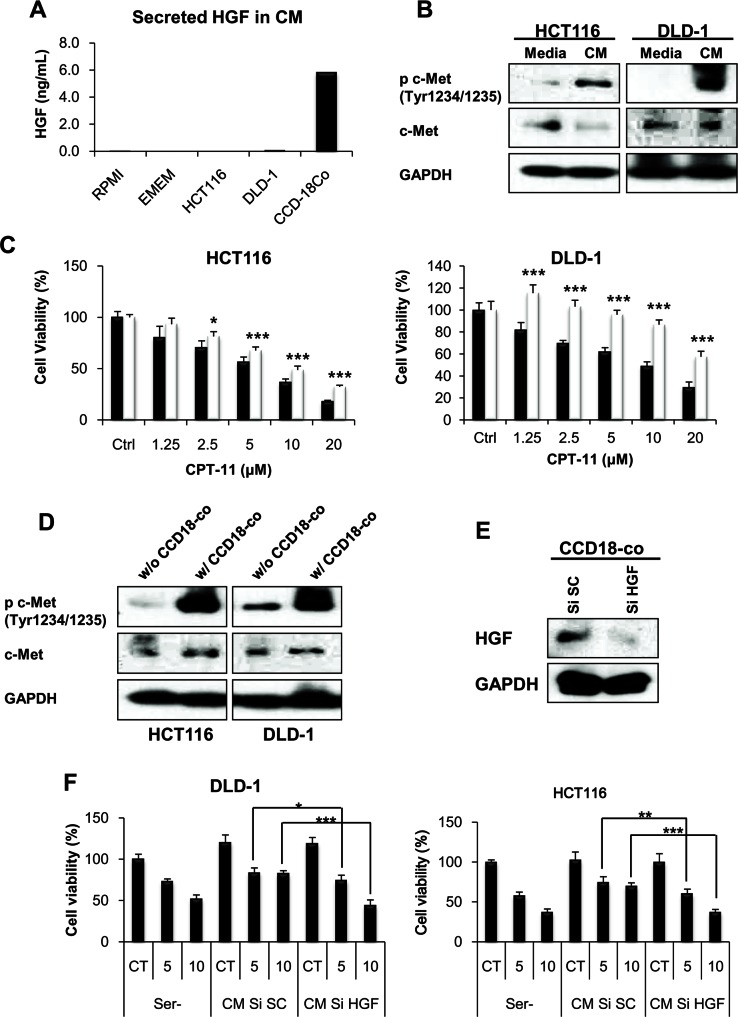Figure 2. fibroblast-derived HGF activates c-MET receptor and induces CPT-11 resistance in colorectal cancer cell.
A. HGF secreted by cancer cells (HCT-116 and DLD-1) and colonic fibroblasts (CCD-18co) were measured. Cells were cultured with serum free medium for 24 h and HGF concentrations were determined by ELISA. B. CM from fibroblast activates c-MET receptors. HCT-116 and DLD-1 cells were cultured with serum free media or CCD-18co CM for 1 h. Cells were collected, and the indicated proteins were detected by western blotting. C. Colonic fibroblast cells promote CPT-11 resistance of colorectal cancer cells (HCT-116 and DLD-1). Cancer cells were cultured with (white bar) or without (black bar) CCD-18co cells, in the presence or absence of CPT-11 (1.25-20 μM) for 48 h, and inhibition of cell proliferation was determined by MTT assay. Significant differences were evaluated using an unpaired two-tailed Student's t-test. (Error bars denote the standard deviation [SD]) (*p < 0.05 and ***p < 0.001). D. Co-culture with colonic fibroblast CCD-18co cells increases c-MET receptor activation in colorectal cancer cells. HCT-116 and DLD-1 cells were co-cultured with CCD-18co cells for 24 h. Lysates were analyzed for c-MET activation by western blotting. E. Inhibition of HGF production from fibroblast by transfection with HGF siRNA. Colonic fibroblast cells were transfected with 10 nM HGF siRNA or scramble siRNA. After transfection, cells were collected and lysates were submitted to Western blotting to quantify HGF. F. HCT-116 and DLD-1 cells were cultured with CM from HGF siRNA transfected fibroblast for 48 h in the presence or absent of CPT-11. Cell viability was determined by MTT assay. Significant differences were evaluated using an unpaired two-tailed Student's t-test. (Error bars denote the standard deviation [SD]) (*p < 0.05, **p < 0.01 and ***p < 0.001).

